Being in a relationship with an addict in recovery can feel confusing, emotional, and sometimes overwhelming. You may want to help but also need to protect your own wellbeing. Recovery changes the way couples communicate, trust, and share daily life. It’s normal to feel unsure about what lies ahead, but you don’t have to figure it out alone. Many partners face similar struggles, and there are healthy ways to cope together. You’ll learn how recovery affects relationships, what challenges to expect, and how to support your partner without losing yourself. This process takes patience, honesty, and a lot of self-care. The good news is that with the right tools and mindset, couples can grow stronger and more connected through recovery.
Understanding Addiction Recovery And Relationships
Recovery changes more than the person struggling—it also reshapes the relationship. You may notice new habits, moods, and priorities. These shifts can feel unpredictable, especially when you’re unsure how to respond. Learning how addiction impacts relationships helps you see challenges more clearly. Trust can take time to rebuild, and communication may feel strained at first.
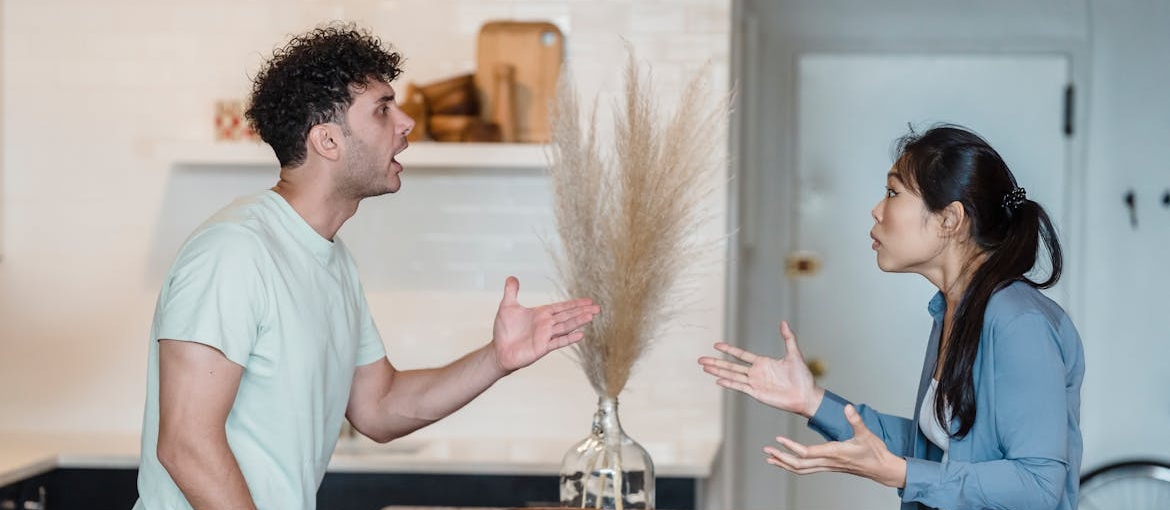
If you’re dating a recovering addict, knowing what to expect when dating a recovering addict prepares you for these adjustments. Being patient while respecting your own needs matters just as much as supporting theirs. The recovery process isn’t about quick fixes; it’s about steady progress. Couples who learn to adapt together often grow stronger, but it requires openness, patience, and honesty from both partners.
Emotional Challenges Partners May Face
Supporting someone in recovery often brings emotional ups and downs. As their partner, you may feel a mix of hope, fear, and exhaustion. It’s easy to carry too much responsibility, but your emotions matter too. Many partners of people in recovery share similar struggles. Here are some common challenges you might face:
- Fear of relapse: Worrying about setbacks creates stress.
- Trust issues: Rebuilding honesty takes time.
- Emotional burnout: Constant pressure wears you down.
- Guilt and blame: Questioning yourself becomes overwhelming.
- Loneliness: Feeling like no one understands.
Supporting Your Partner’s Recovery Journey
Supporting a partner in recovery is not simple. You’ll face moments of doubt, hope, and change. Being in a relationship with an addict in recovery means you carry weight that many couples never experience. You may ask yourself what to expect when dating a recovering addict, or how to give support without losing yourself. These next parts explore therapy, family involvement, and the importance of giving space when needed.
Encouraging Therapy And Support Groups
Therapy and peer support are cornerstones of long-term recovery. Encouraging your partner to stay connected with professional help can make a real difference. Programs often use methods like motivational interviewing for substance abuse, which help people explore their goals and stay accountable. If you’re dating a recovering addict, therapy gives them a safe outlet to process feelings outside the relationship.
This support takes pressure off you and strengthens recovery. You might feel nervous about bringing it up, but approaching it with empathy matters. Suggesting therapy or support groups shows you care about their progress and want to share the load. It’s not about control—it’s about growth. Remind your partner that healing is a shared effort, and outside help offers tools neither of you can create alone.
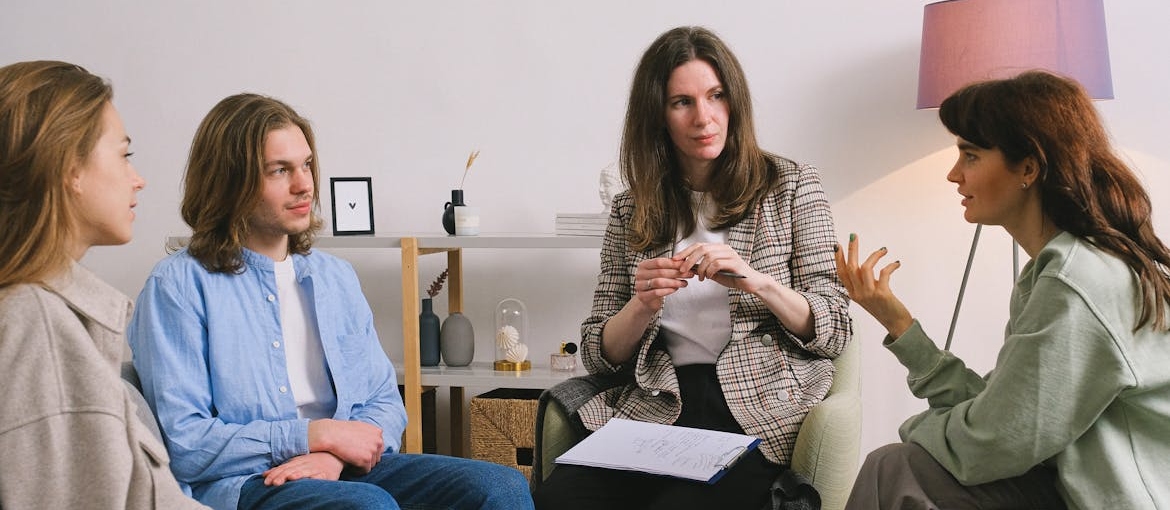
How Family Involvement Can Help Recovery
Recovery doesn’t happen in isolation. Family support can change the way someone handles the pressures of sobriety. If you are being in a relationship with an addict in recovery, you might already see how family involvement reduces stress. Some programs, like a drug rehab that accepts Tricare, recognize that family plays a big role in rebuilding lives. Involving parents, siblings, or close relatives helps create accountability and reinforces positive change.
For many couples, family therapy opens space for honest conversations that strengthen relationships. When family members learn how recovery works, they can stop harmful patterns and replace them with healthier support. If you’re wondering what to expect when dating a recovering addict, family involvement often brings relief instead of tension. It’s not about blame but about moving forward together.
Knowing When To Step Back And Let Them Lead
One of the hardest lessons is knowing when to step back. Recovery belongs to your partner, not you. Pushing too hard can create resentment or pressure. Treatment programs like medication assisted treatment in West Virginia show how people must take ownership of their healing. If you’re dating a recovering addict, respecting their space helps them grow. You may worry about relapse, but hovering or controlling rarely works.
Instead, trust the process and give room for independence. Being in a relationship with an addict in recovery means finding balance—support when they ask, space when they need it. This can feel uncomfortable, especially if you want to protect them from setbacks. Yet, allowing your partner to lead builds their confidence and self-responsibility. That independence is essential for a lasting recovery and stronger relationship.
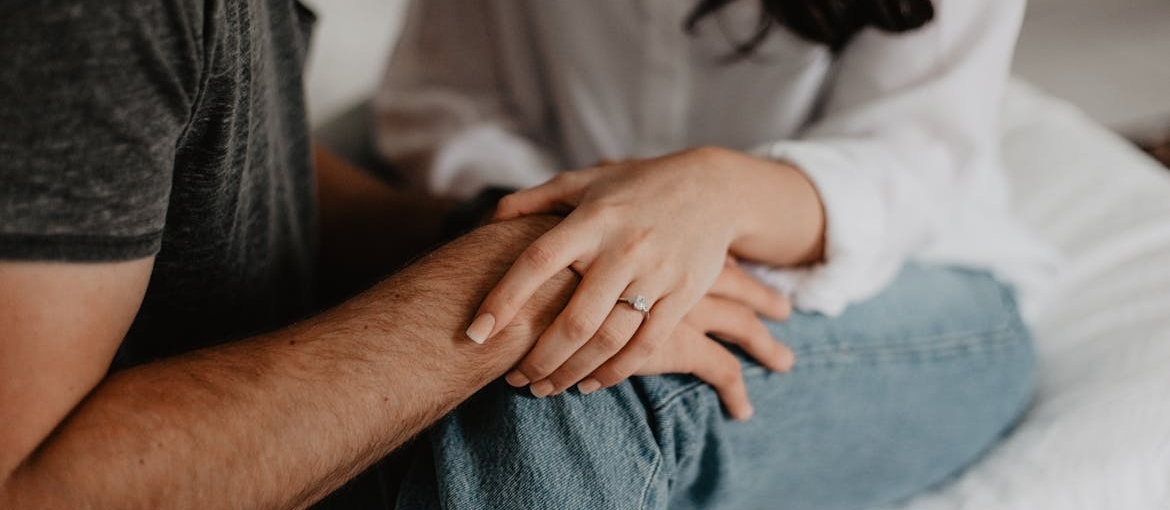
When To Seek Professional Help
Even the strongest couples face moments they can’t handle alone. There may be times where outside guidance is needed. Being in a relationship with an addict in recovery can test your emotional limits, and therapy can help lighten that weight. Knowing what to expect when dating a recovering addict includes recognizing when issues grow beyond your control and getting help from a trusted drug and alcohol rehab in West Virginia becomes your best choice. These next parts look at when counseling is necessary, how couple’s therapy supports growth, and choosing the right therapist.
Signs The Relationship Needs Counseling
Some issues require more than patience or private talks. Therapy can provide structure when recovery and relationships collide. These signs often mean it’s time to seek counseling:
- Constant arguments: Fights repeat with no resolution.
- Lack of trust: Suspicion overshadows love.
- Emotional distance: You feel disconnected and unsupported.
- Relapse struggles: You can’t cope with setbacks.
- Stress overload: The pressure feels too heavy to manage.
Role Of Couple’s Therapy In Recovery
Couple’s therapy creates a safe place to work through conflict and rebuild trust. For partners, it’s a way to express feelings without blame or judgment. Many therapists use family therapy for addiction to help both people learn new tools and communication skills. If you’re dating a recovering addict, therapy allows you to explore how recovery impacts your bond.
It’s not about pointing fingers—it’s about creating new habits together. In these sessions, you learn how to manage stress, support each other, and rebuild confidence in your relationship. What to expect when dating a recovering addict often involves new boundaries and strategies, and couple’s therapy provides guidance. Professional support can help transform painful moments into opportunities for growth that make the relationship stronger.
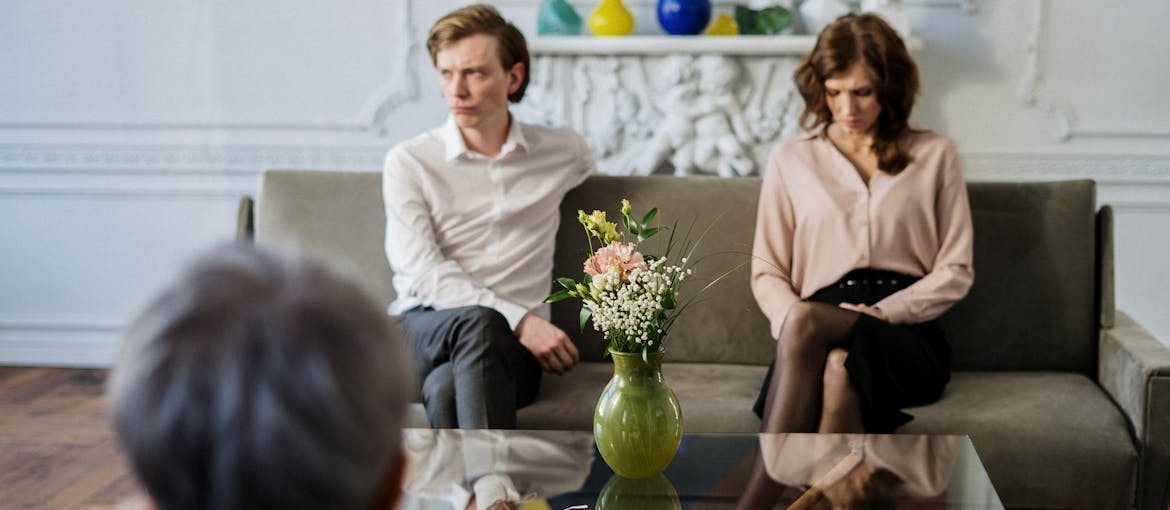
Finding The Right Therapist For Both Partners
Choosing the right therapist is as important as the therapy itself. Each partner should feel comfortable, respected, and understood. If sessions feel one-sided, the process won’t help. Many couples benefit from starting with individual therapy for addiction, then bringing those insights into joint sessions. This builds personal awareness and prepares both partners for teamwork.
Being in a relationship with an addict in recovery can bring unique challenges, and a skilled therapist recognizes that dynamic. Look for professionals experienced in addiction recovery and relationship counseling. Don’t settle until both of you feel heard and supported. Therapy isn’t a quick fix, but with the right fit, it offers a path forward. This step can bring clarity, reduce tension, and help you both stay committed to healing together.
Setting Healthy Boundaries
Boundaries protect both partners in recovery relationships. Without them, it’s easy to lose yourself or feel consumed by their needs. Setting limits doesn’t mean you don’t care—it means you value balance. Healthy boundaries help create trust and allow space for growth. Here are examples of boundaries that support recovery and protect your own wellbeing:
- Personal space: Allowing time apart for self-care.
- Financial limits: Avoiding unhealthy financial pressure.
- Communication rules: Agreeing on respectful dialogue.
- Recovery responsibility: Letting them manage their program.
- Emotional balance: Knowing when to step back.
Communication In Recovery Relationships
Open communication is the foundation of recovery and relationships. You may feel tempted to hold back your fears, but honesty builds trust. Talk openly about concerns without blaming or shaming your partner. Instead of focusing on mistakes, focus on solutions. If you’re dating a recovering addict, learning what to expect when dating a recovering addict includes adjusting how you both talk through hard moments.
Active listening is just as important as speaking up—sometimes your partner needs to feel heard more than advised. Setting aside regular time to talk can prevent small issues from turning into conflicts. Respecting boundaries during conversations also matters. Communication doesn’t erase problems overnight, but it does create a safe space for healing and mutual growth.

Taking Care Of Yourself While Supporting A Partner
Supporting someone in recovery can drain your energy if you don’t protect your own wellbeing. You may feel guilty prioritizing yourself, but it’s necessary. Being in a relationship with an addict in recovery means you need strength too. Self-care helps you stay patient, supportive, and balanced. Exercise, healthy eating, or simply time alone can recharge you.
Stress management is another important part—therapy, journaling, or support groups provide a safe outlet. If you’re dating a recovering addict, building your own support system keeps you from feeling isolated. What to expect when dating a recovering addict includes moments where you must focus inward. Taking care of yourself doesn’t weaken your partner’s recovery—it strengthens both of you. Your wellbeing is just as valuable as theirs.
Coping With Relapse As A Couple
Relapse doesn’t always mean failure, but it does affect relationships. As a partner, you may feel fear, disappointment, or even anger. These reactions are natural, but how you respond matters most. Discussing relapse openly can prevent blame from taking over. A treatment program like a drug rehab for young adults shows that relapse is often part of recovery, not the end of it.
Couples who prepare for this possibility handle it with less chaos. If you’re dating a recovering addict, knowing what to expect when dating a recovering addict means planning for setbacks. Talk ahead of time about what support looks like if relapse happens. Being in a relationship with an addict in recovery means facing reality with compassion, not judgment. Together, you can handle challenges with honesty and care.
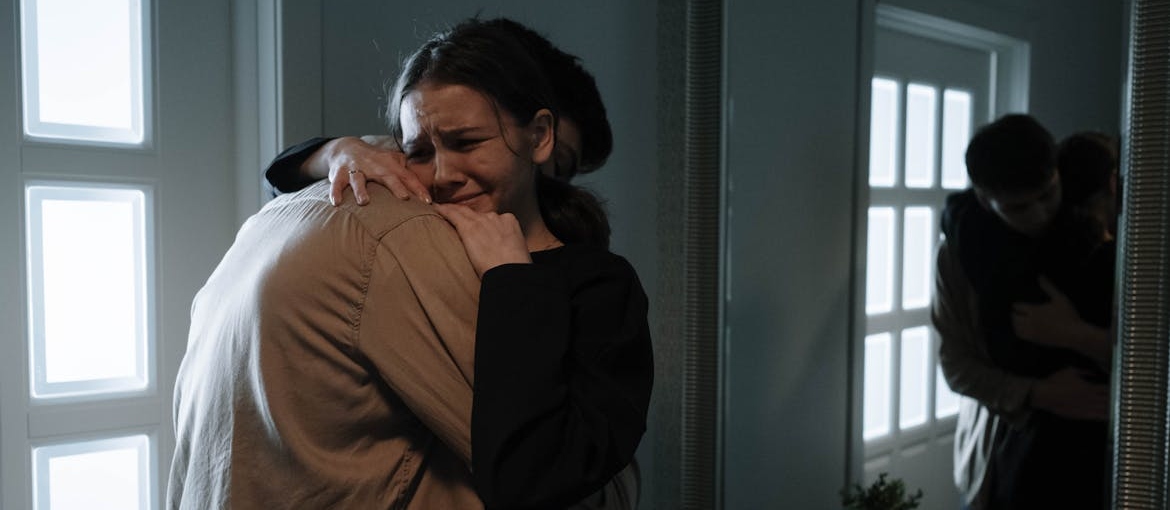
Healthy Ways To Strengthen The Relationship
Recovery can put strain on a relationship, but it can also create new opportunities for growth. Small steps toward rebuilding trust and creating shared experiences make a big difference. Here are healthy ways to strengthen the bond with your partner while respecting recovery:
- Consistency: Follow through on promises.
- Shared activities: Enjoy sober, meaningful time together.
- Celebrating progress: Recognize milestones, big or small.
- Having patience: Allow space for healing.
- Support networks: Connect with others who understand recovery.
Choose Growth and Healing for Both of You
Being in a relationship with an addict in recovery will test your patience, love, and strength. You may face trust issues, fear of relapse, or moments where you feel drained. These challenges are real, but they don’t mean the relationship can’t work. Growth takes open communication, boundaries, and a focus on your own mental health. Supporting your partner matters, but your needs matter too. When things feel too heavy, counseling or support groups can give you guidance and relief. You don’t have to handle everything alone. Recovery is not a quick fix—it’s a lifelong process, for both of you. With the right balance of care and honesty, you can build a relationship that allows both partners to heal and move forward.



